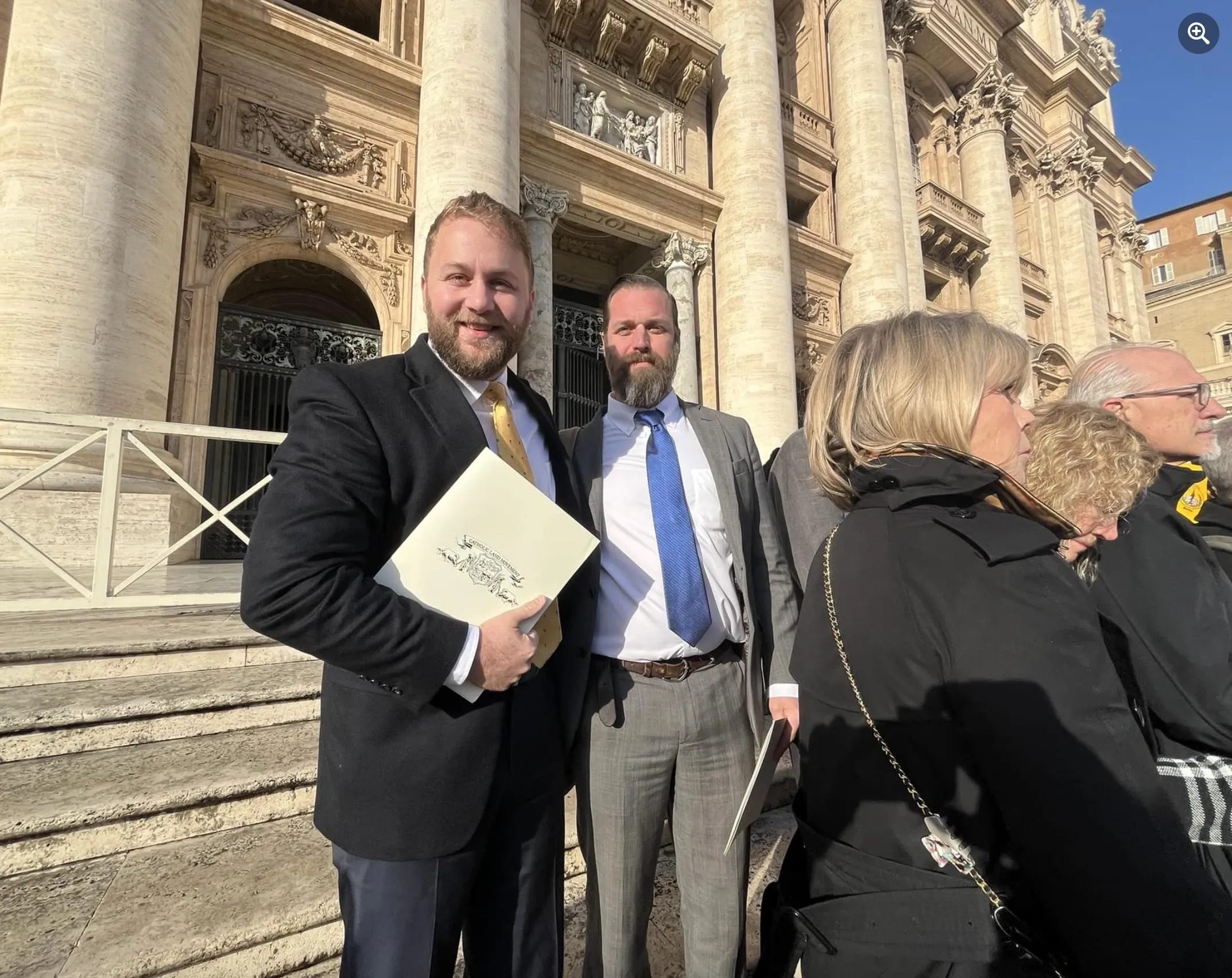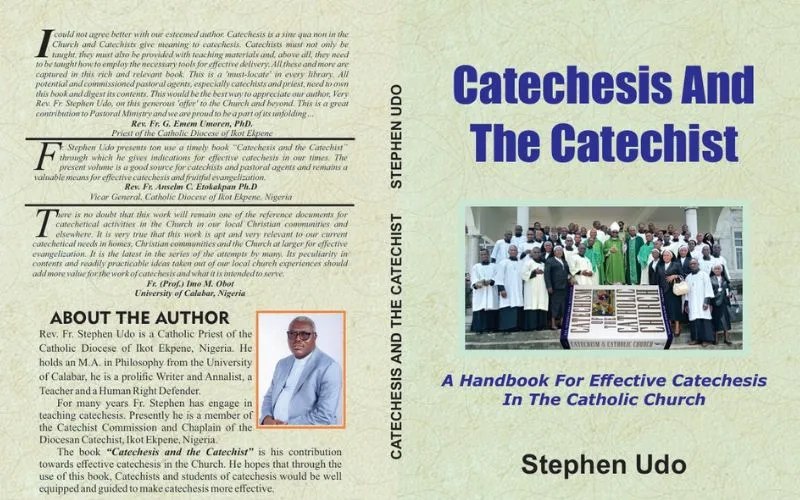Ann Arbor, Michigan, 30 December, 2024 / 1:00 pm (ACI Africa).
Going back to the land is a newfound reality for Catholic families who are part of a movement seeking to glorify God, foster family life, and create a network of homesteads in rural communities.
Michael Guidice, known online as Michael Thomas of Sharon, co-founded with Andrew Ewell the Catholic Land Movement (CLM), an initiative that traces its lineage to the Catholic Land Associations of 100 years ago in the United Kingdom.
In an interview with CNA, Guidice said the movement is tailored to modern needs among Catholics living in rural areas. It is a lay movement, he said, imbued with Catholic teachings regarding work, social justice, and family life.
“This movement is growing by leaps and bounds” Guidice told CNA. “The Spirit is moving among laity, religious, and parish communities, and we’re doing our best to put it together.”
Faithful Catholics in the U.S. are seeking to reclaim not only timeless farming methods, he said, but also to foster autonomy in providing for their families, not only physically but also spiritually.









